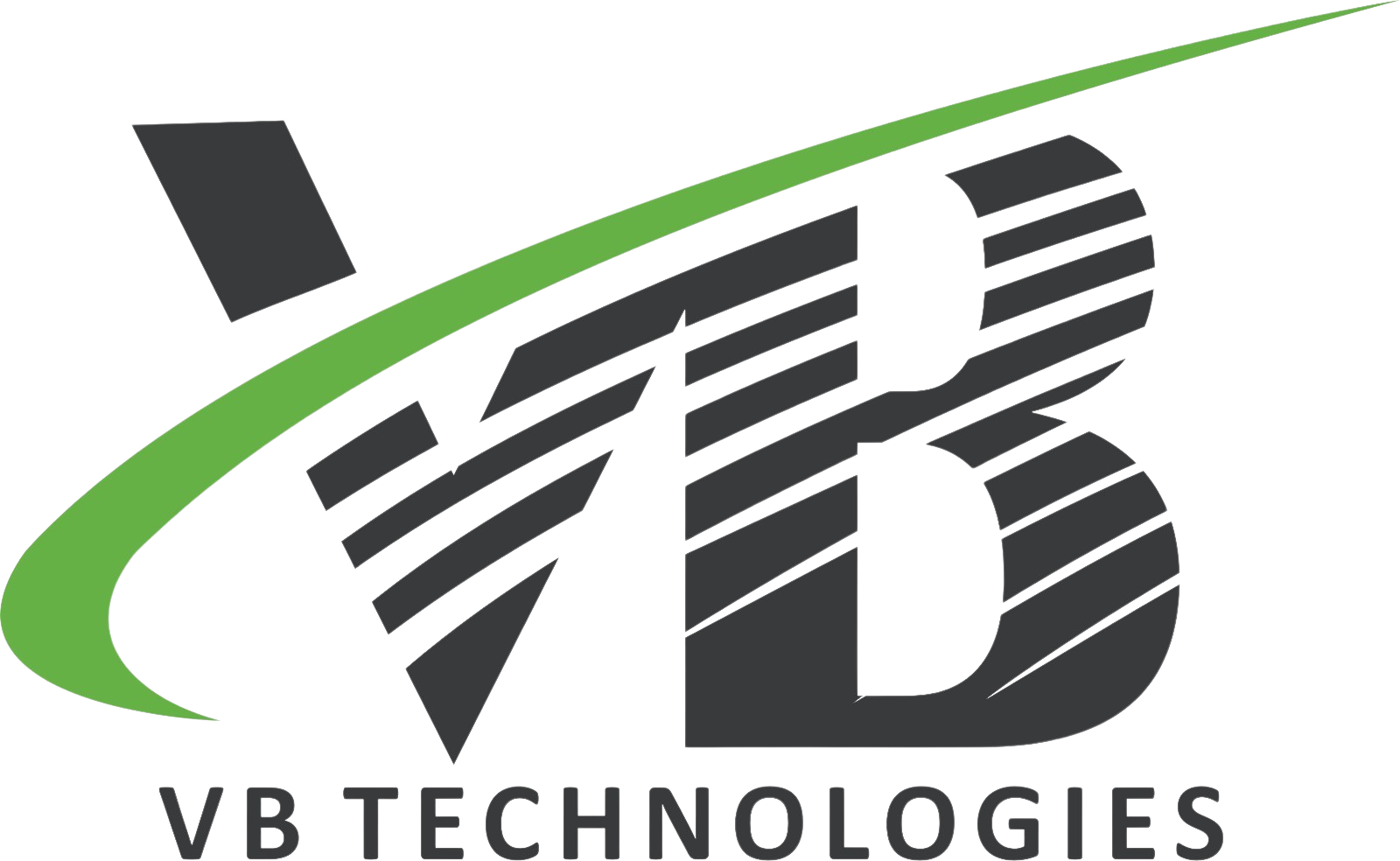Accounts Payable
When a corporation orders and receives goods (or services) beforehand of paying for them, we are saying that the corporate is purchasing the products on account or on credit. The supplier (or vendor) of the products on credit is additionally mentioned as a creditor. If the corporate receiving the products doesn't sign a note , the vendor's bill or invoice are going to be recorded by the corporate in its liability account Accounts Payable (or Trade Payables).
As is predicted for a liability account, Accounts Payable will normally have a credit balance. Hence, when a vendor invoice is recorded, Accounts Payable are going to be credited and another account must be debited (as required by double-entry accounting). When an indebtedness is paid, Accounts Payable are going to be debited and Cash are going to be credited. Therefore, the credit balance in Accounts Payable should be adequate to the quantity of vendor invoices that are recorded but haven't yet been paid.
Under the accrual method of accounting, the corporate receiving goods or services on credit must report the liability no later than the date they were received. The same date is employed to record the debit to an expense or asset account as appropriate. Hence, accountants say that under the accrual method of accounting expenses are reported once they are incurred (not once they are paid).
The term accounts payable also can ask the person or staff that processes vendor invoices and pays the company's bills. That's why a supplier who hasn't received payment from a customer will phone and ask to talk with "accounts payable."
The accounts payable process involves reviewing a huge amount of detail to make sure that only legitimate and accurate amounts are entered within the accounting . Much of the information that needs to be reviewed will be found in the following documents:
- purchase orders issued by the company
- receiving reports issued by the company
- invoices from the company's vendors
- contracts and other agreements
The accuracy and completeness of a company's financial statements are hooked in to the accounts payable process. A well-run accounts payable process will include:
the timely processing of accurate and bonafide vendor invoices, accurate recording within the appropriate ledger accounts, and the accrual of obligations and expenses that have not yet been completely processed. The efficiency and effectiveness of the accounts payable process also will affect the company's cash position, credit rating, and relationships with its suppliers
1333 W McDermott Dr #200
Allen TX 75013
Get In Touch
+1-469-297-2096
Quick Email us


